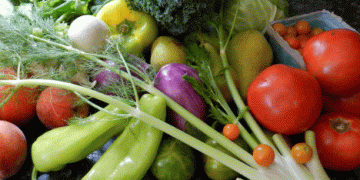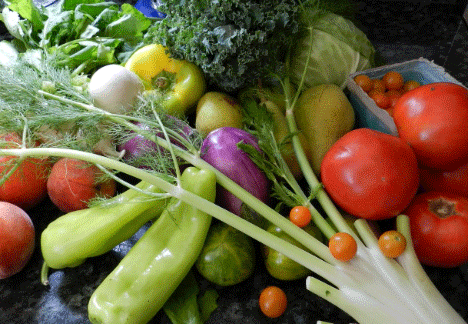Between January and November 2024, Spain’s imports of fresh fruits and vegetables experienced notable growth. Imports from European Union (EU) countries increased by 12%, totaling 1.9 million tons, while imports from non-EU countries saw a modest rise of 1%, reaching 2 million tons. This trend reflects Spain’s evolving role in the global fresh produce market, balancing its position as a major producer with the need to supplement domestic supply.
Key Import Partners and Growth Trends
- France: As Spain’s primary supplier, French exports to Spain grew by 20%, amounting to 989,263 tons.
- Portugal: The third-largest supplier, Portugal, also saw a 20% increase, exporting 379,151 tons to Spain.
- Morocco: Leading among non-EU countries, Morocco’s exports to Spain rose by 1%, totaling 398,826 tons.
Over the past five years, Spain’s fresh produce imports have shown a consistent upward trajectory. From January to November, imports from EU countries increased by 27%, rising from 1.5 million tons in 2020 to 1.9 million tons in 2024. Similarly, imports from non-EU countries grew by 25%, from 1.6 million to 2 million tons during the same period.
Domestic Production Challenges
Despite being a leading producer of fruits and vegetables in Europe, Spain has faced significant agricultural challenges in recent years. The country has endured severe droughts and extreme heat over the past three years, adversely affecting the cultivation of various crops, including stone fruits, berries, melons, and citrus. These climatic adversities, coupled with rising production costs, have made domestic cultivation less profitable and more uncertain.
Market Dynamics and Future Outlook
The increase in imports is partly attributed to Spain’s strategy to ensure a continuous supply of fresh produce for both domestic consumption and re-export within the European market. Technological advancements have enhanced supply chain efficiency, including improvements in cold storage facilities, enabling Spain to function as a vital trading hub for fruits and vegetables.
However, this growing reliance on imports has raised concerns among local producers. Organizations such as SOS Rural have highlighted that the value of fruit and vegetable imports has grown by 20% over two years, potentially threatening Spain’s food sovereignty and the viability of its agricultural sector. They emphasize the need for equitable standards for imported goods to ensure fair competition and the protection of local agriculture.
Spain’s increasing imports of fresh fruits and vegetables underscore the complex interplay between domestic production challenges and the necessity to meet market demands. While imports help bridge supply gaps, it is crucial to address the underlying issues affecting local agriculture. Balancing import strategies with support for domestic producers will be key to maintaining Spain’s agricultural sustainability and food security.































